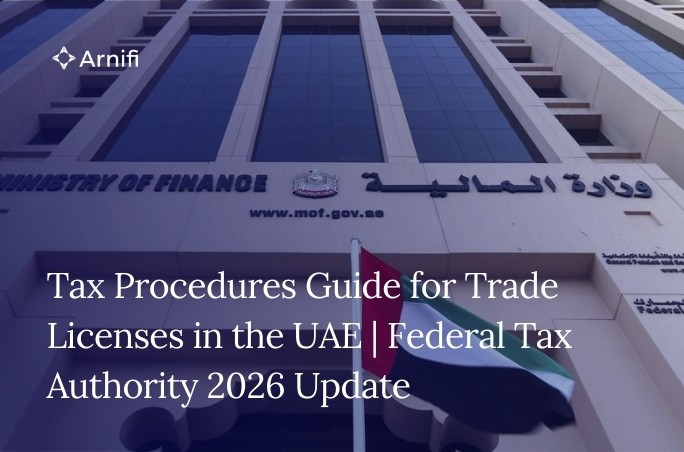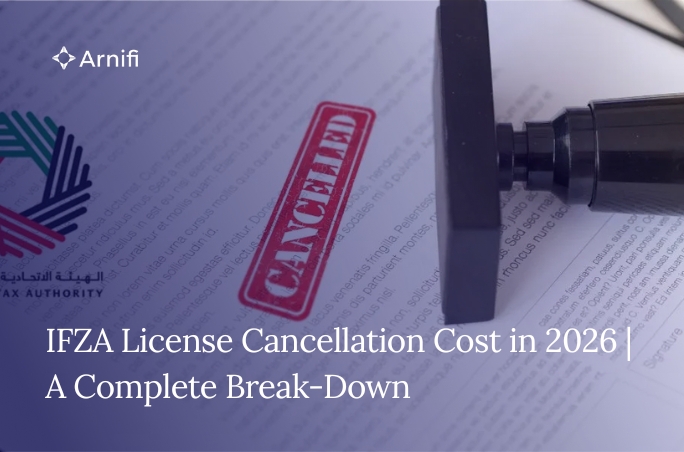UAE Vs Singapore – Which One Would You Prefer To Setup Business
by Shethana Jan 23, 2025  5 MIN READ
5 MIN READ

Overview
Your business idea could be massive, but choosing the right destination is crucial. A few entrepreneurs looking to set up in Asia often narrow their options down to Hong Kong or Singapore. However, there’s a growing trend among business owners to consider the Middle East, particularly the UAE, with key hubs like Dubai and Abu Dhabi. Instead of relying on popular opinion, let’s dive into a fact-based comparison of two global business hotspots—UAE Vs Singapore. In this article, we’ll explore key aspects such as the legal framework, tax compliance, ease of doing business, and the overall quality of life in both locations.
Legal & Regulatory Framework – UAE Vs Singapore
Singapore’s Legal Framework
Singapore offers various business structures, including sole proprietorships, private companies, LPs, and LLPs, under a common law jurisdiction. The country is renowned for its streamlined and efficient business registration process, managed through the Accounting and Corporate Regulatory Authority (ACRA) using its online platform, BizFile+. With minimal capital requirements, Singapore makes it easy for foreign investors to establish operations. The country also excels in contract enforcement, boasting an approximately 85% enforcement rate, as highlighted by a World Bank report.
UAE’s Legal Framework
UAE offers a dual system i.e., Free Zones and mainland business setups. Foreign investors in Free Zones enjoy up to 100% ownership, VAT exemptions, import duty benefits, and easy VAT registration. However, for mainland businesses, the norm has been a requirement for a local sponsor with a majority share.
However, recent reforms have begun to allow 100% foreign ownership in certain emirates. The UAE offers various business structures, including LLCs, foreign branches, and Free Zone establishments, each with specific regulations. The significant variety of legal systems across the seven emirates may make it challenging to navigate. UAE businesses must register for VAT if taxable supplies and imports exceed AED 375,000 in the past 12 months or the next 30 days.
Tax Regulations – UAE Vs Sinagpore
Singapore’s Tax Laws
Singapore’s 17% corporate tax rate is often reduced by incentives for activities like R&D, IP management, and financial services. Under 100,000 SGD, 75% is exempt. No capital gains tax exists, and GST, currently 7%, will rise to 9% in the coming years. Singapore also offers a wide range of tax treaties to prevent double taxation.
UAE’s Tax Laws
The UAE, including Dubai, imposes no personal income tax and recently introduced a 9% corporate tax. Additionally, there is no capital gains tax in the UAE. The country’s Free Zones provides tax exemptions, making it highly appealing to foreign investors. Furthermore, the UAE boasts a strong network of double taxation treaties, ensuring favorable tax conditions for businesses within its jurisdiction. This reputation has led many to refer to the UAE as a “Dubai tax haven.”
Considerations – UAE Vs Singapore
Consider Singapore for your business setup if:
- You value flexible frameworks: Singapore’s robust legal and regulatory system, based on English Common Law, ensures a transparent and stable environment for business operations. For those seeking certainty and reliability, its consistent regulatory approach is highly appealing.
- Global connectivity is a priority: Strategically located in the heart of Asia, Singapore acts as a gateway to South, Southeast, and East Asian markets. Its prime geographical position makes it an ideal hub for businesses looking to expand across these regions.
- Efficiency and streamlined processes matter: With its simplified business registration, low capital requirements, abundant talent pool, and efficient contract enforcement, Singapore offers a highly business-friendly environment. If you prioritize a smooth and efficient setup, Singapore is an excellent choice.
Choose to set up business in UAE if
- Lower taxes are a priority – With a 9% flat corporate tax and no personal income tax, the UAE, including Dubai, appeals to businesses seeking tax benefits. For those looking to minimize tax liabilities, the UAE’s favorable tax regime offers significant advantages.
- Your business aligns with thriving industries – Dubai has been diversifying its economy beyond oil, focusing on sectors such as finance, trade, and technology. If your business operates in industries prioritized within the UAE’s growing ecosystem, establishing a presence there can offer strategic benefits.
- You need a flexible business setup – The UAE’s Free Zones and mainland setups offer flexibility, tailored structures, and seamless profit repatriation. For businesses seeking customizable governance frameworks, the UAE’s options are well-suited to varied needs.
- If the MENA region is your target market – Strategically located as a gateway to the Middle East and North Africa, the UAE provides access to a vast and dynamic market. If expanding within MENA is a core business goal, the UAE’s connectivity and geographical position make it an ideal choice.
Arnifi is a digital-first Corporate service provider helping companies enter the Middle East region, starting with the UAE and Saudi Arabia markets. Founded and backed by professionals from Amazon, Souq, and other large companies operating in KSA – the team understands what it takes to succeed as a startup in both UAE and Saudi Arabian markets, apart from going through the setup process multiple times. Arnifi will provide a truly digital experience for the entry and scale-up of companies in both the UAE and Saudi Arabia. Discover tailored solutions and strategic partnerships that propel your business forward. Check out at – www.Arnifi.com for more details.
You can also check out products and offerings here.
Top UAE Packages

Related Articles
Top UAE Packages



